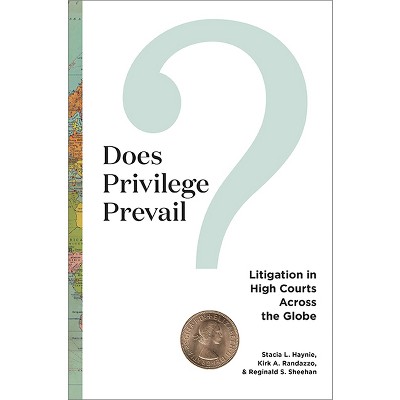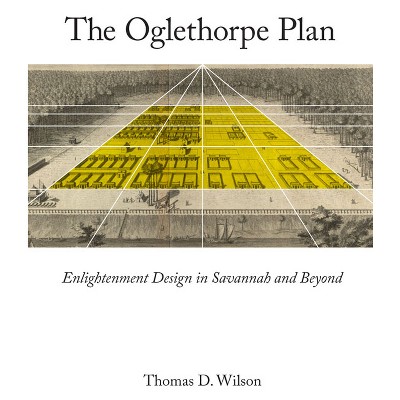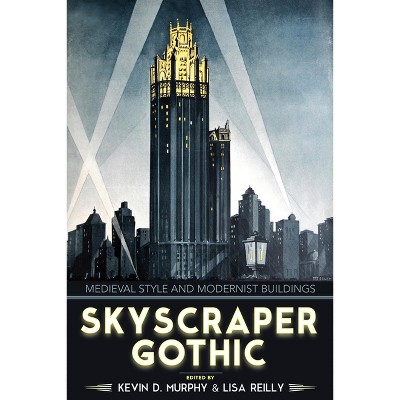About this item
Highlights
- Social design--the practice of designing for poverty relief--is one of the most popular fields in contemporary architecture.
- About the Author: Gabriel Arboleda is Associate Professor of Art and the History of Art and Architectural Studies, and Chair of the Architectural Studies Program at Amherst College.
- 286 Pages
- Architecture, Urban & Land Use Planning
Description
About the Book
"With "sustainability" becoming an ever-less-meaningful buzzword in design disciplines over the past couple of decades, it's both shocking and bracing to see Gabriel Arboleda employ the term as a near-pejorative in light of what he sees as its implications of cutural imperialism and class oppression. In "Sustainability and Privilege," he contends, "Sustainability can be invoked for the marginalization and displacement of vulnerable populations through projects that involve experimentation of faulty alternative technologies, or that result in so-called green gentrification, or that impose economic and other burdens on these populations." Arboleda is fiercely critical of the way "social design" has been carried out in impoverished regions of the world, most notably Africa and Latin America. Importantly, he doesn't just criticize: he is prescriptive, proposing new approaches to social design and arguing for a simpler, more transparent, and more stakeholder-involved design process that will eliminate the casual imposition of the architect's ideas on vulnerable populations"--Book Synopsis
Social design--the practice of designing for poverty relief--is one of the most popular fields in contemporary architecture. Its advocates, focusing on the architect's creativity and good intentions, are overwhelmingly laudatory, while its detractors, concerned with the experience of its beneficiaries, have dismissed it as an expression of cultural imperialism. Placed midway between innocuous celebration and radical critique, Sustainability and Privilege highlights the lessons that can be learned from social design's current limitations and proposes a feasible way to improve this practice.
In this broad-ranging account, enlivened by fieldwork and case studies, Gabriel Arboleda contends that social design's invocation of sustainability often serves to marginalize and displace vulnerable populations through projects that involve experimentation of faulty alternative technologies, or that result in so-called green gentrification, or that impose untoward economic and other burdens. Arboleda is fiercely critical of the way social design has been carried out in impoverished regions of the world, most notably in Africa and Latin America. In addressing the challenges posed by issues of privilege in social design's use of sustainability, the book proposes a new interdisciplinary approach called ethnoarchitecture, arguing for a simpler, open-ended, and stakeholder-driven process that eliminates the casual imposition of the architect's ideas on vulnerable populations, foregrounding the people's voices, experience, and input in social design practice.
Review Quotes
Anchored in an unusually rich set of field cases, Sustainability and Privilege creatively traces the manifold ways in which class, power, materiality, and culture get entangled with well-intentioned experiments by architects, undermining their sought-after goals of contributing to both poverty alleviation and environmental sustainability. The book is situated at the intersection of architecture and urban design, sustainability studies, development studies, and anthropology, and achieves a degree of interdisciplinary complexity that is rarely found in comparable work.
--Arturo Escobar, University of North Carolina at Chapel Hill, author of Designs for the Pluriverse: Radical Interdependence, Autonomy, and the Making of WorldsAbout the Author
Gabriel Arboleda is Associate Professor of Art and the History of Art and Architectural Studies, and Chair of the Architectural Studies Program at Amherst College.
Shipping details
Return details
Trending Art, Photography & Design Books












